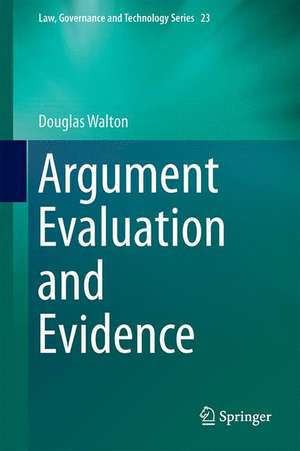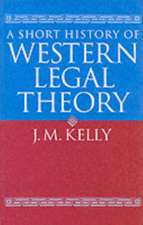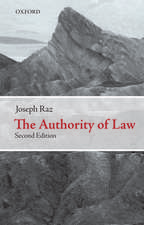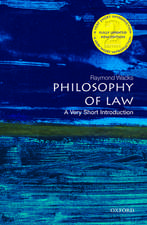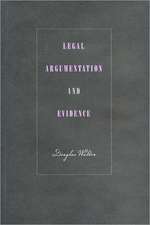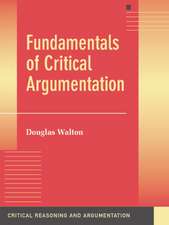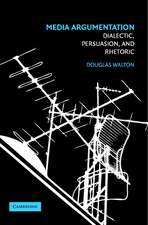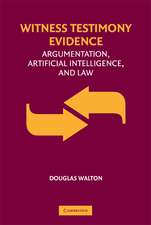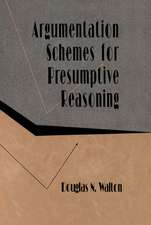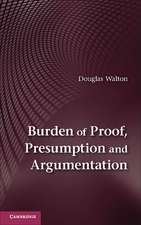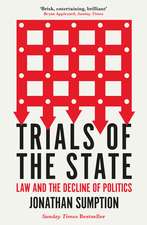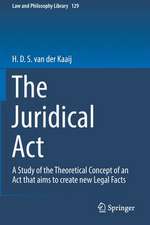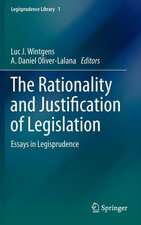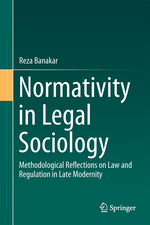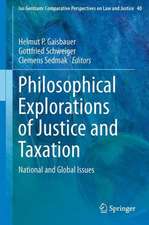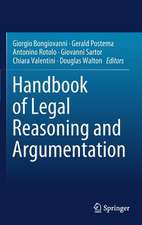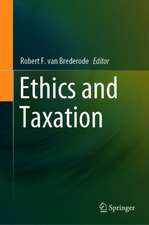Argument Evaluation and Evidence: Law, Governance and Technology Series, cartea 23
Autor Douglas Waltonen Limba Engleză Hardback – 13 aug 2015
| Toate formatele și edițiile | Preț | Express |
|---|---|---|
| Paperback (1) | 726.85 lei 6-8 săpt. | |
| Springer International Publishing – 22 oct 2016 | 726.85 lei 6-8 săpt. | |
| Hardback (1) | 645.10 lei 18-23 zile | +56.09 lei 7-13 zile |
| Springer International Publishing – 13 aug 2015 | 645.10 lei 18-23 zile | +56.09 lei 7-13 zile |
Din seria Law, Governance and Technology Series
- 18%
 Preț: 950.33 lei
Preț: 950.33 lei - 20%
 Preț: 691.09 lei
Preț: 691.09 lei - 20%
 Preț: 574.07 lei
Preț: 574.07 lei - 20%
 Preț: 879.80 lei
Preț: 879.80 lei - 20%
 Preț: 878.75 lei
Preț: 878.75 lei - 15%
 Preț: 720.23 lei
Preț: 720.23 lei - 18%
 Preț: 1122.56 lei
Preț: 1122.56 lei - 18%
 Preț: 1130.27 lei
Preț: 1130.27 lei - 15%
 Preț: 642.83 lei
Preț: 642.83 lei - 18%
 Preț: 950.52 lei
Preț: 950.52 lei - 18%
 Preț: 1009.85 lei
Preț: 1009.85 lei - 18%
 Preț: 1115.14 lei
Preț: 1115.14 lei - 15%
 Preț: 653.14 lei
Preț: 653.14 lei - 18%
 Preț: 949.23 lei
Preț: 949.23 lei - 18%
 Preț: 1014.76 lei
Preț: 1014.76 lei - 15%
 Preț: 638.43 lei
Preț: 638.43 lei - 18%
 Preț: 1124.30 lei
Preț: 1124.30 lei - 18%
 Preț: 1124.60 lei
Preț: 1124.60 lei - 18%
 Preț: 999.45 lei
Preț: 999.45 lei - 18%
 Preț: 892.42 lei
Preț: 892.42 lei - 15%
 Preț: 640.37 lei
Preț: 640.37 lei - 18%
 Preț: 947.35 lei
Preț: 947.35 lei - 20%
 Preț: 340.32 lei
Preț: 340.32 lei - 18%
 Preț: 1692.20 lei
Preț: 1692.20 lei - 18%
 Preț: 954.93 lei
Preț: 954.93 lei - 24%
 Preț: 789.36 lei
Preț: 789.36 lei -
 Preț: 397.59 lei
Preț: 397.59 lei - 20%
 Preț: 876.57 lei
Preț: 876.57 lei - 20%
 Preț: 652.41 lei
Preț: 652.41 lei - 18%
 Preț: 900.49 lei
Preț: 900.49 lei - 18%
 Preț: 941.50 lei
Preț: 941.50 lei -
 Preț: 392.97 lei
Preț: 392.97 lei
Preț: 645.10 lei
Preț vechi: 848.82 lei
-24% Nou
Puncte Express: 968
Preț estimativ în valută:
123.43€ • 129.57$ • 102.46£
123.43€ • 129.57$ • 102.46£
Carte disponibilă
Livrare economică 17-22 martie
Livrare express 06-12 martie pentru 66.08 lei
Preluare comenzi: 021 569.72.76
Specificații
ISBN-13: 9783319196251
ISBN-10: 3319196251
Pagini: 288
Ilustrații: XI, 286 p. 71 illus.
Dimensiuni: 155 x 235 x 22 mm
Greutate: 0.62 kg
Ediția:1st ed. 2015
Editura: Springer International Publishing
Colecția Springer
Seria Law, Governance and Technology Series
Locul publicării:Cham, Switzerland
ISBN-10: 3319196251
Pagini: 288
Ilustrații: XI, 286 p. 71 illus.
Dimensiuni: 155 x 235 x 22 mm
Greutate: 0.62 kg
Ediția:1st ed. 2015
Editura: Springer International Publishing
Colecția Springer
Seria Law, Governance and Technology Series
Locul publicării:Cham, Switzerland
Public țintă
ResearchCuprins
Acknowledgments.- Chapter 1: Introduction to Argument and Explanation.- Chapter 2: Inference to the Best Explanation.- Chapter 3: A Dialogue System for Evaluating Explanations.- Chapter 4: Evaluating Expert Opinion Evidence.- Chapter 5: Attribution of a Painting to Leonardo da Vinci.- Chapter 6: Argument from Correlation to Causation.- Chapter 7: Knowledge and Inquiry.- Chapter 8: Evidence and Argument Evaluation.- index.
Recenzii
“The book is an easy-to-follow manuscript, employing simple and clear language suitable for both experts and nonexperts. … It is a good resource for those practitioners interested in the explanations of knowledge and conflicting evidence occurring in domains such as public safety, health, debate, science education, and legal argumentation.” (Luca Longo, Computing Reviews, February, 2016)
Textul de pe ultima copertă
This monograph poses a series of key problems of evidential reasoning and argumentation. It then offers solutions achieved by applying recently developed computational models of argumentation made available in artificial intelligence. Each problem is posed in such a way that the solution is easily understood. The book progresses from confronting these problems and offering solutions to them, building a useful general method for evaluating arguments along the way. It provides a hands-on survey explaining to the reader how to use current argumentation methods and concepts that are increasingly being implemented in more precise ways for the application of software tools in computational argumentation systems. It shows how the use of these tools and methods requires a new approach to the concepts of knowledge and explanation suitable for diverse settings, such as issues of public safety and health, debate, legal argumentation, forensic evidence, science education, and the use of expertopinion evidence in personal and public deliberations.
Caracteristici
Argues that the use of argumentation tools and methods requires a new approach to their applications in diverse settings Presents a synthesis of complex work on AI with applications of argumentation structures to real examples Illustrates how evidence is used in pro and contra ways in everyday argumentation Is written in a clear and simple way that will appeal to experts and non-experts
